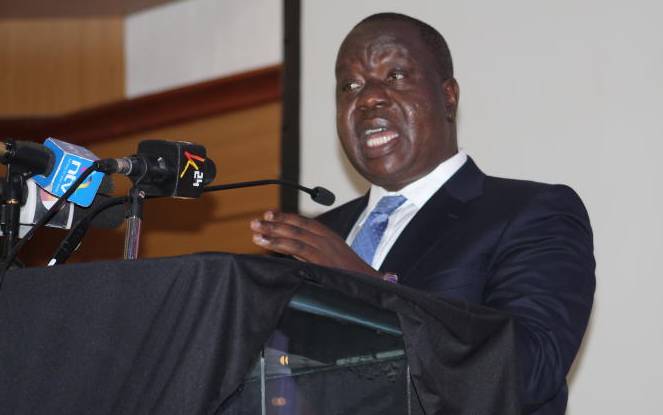
Fred Okengo Matiang’i was appointed Cabinet Secretary for Education in 2015 at a time when the ministry was perennially plagued by endemic corruption. The powerful cartels at the Kenya National Examinations Council (KNEC) in cahoots with other nefarious actors had long leveraged their influential positions to mercilessly compromise Kenyan examination processes for illegal financial gain. The rot had escalated to the extent that anyone whose pockets were sufficiently deep, could purchase a glittering grade ‘A’ transcript.
The hard work of honest students, their aspirations, as well as their teachers’ targets, were hopelessly frustrated by the entrenched corruption which trashed merit and rewarded skullduggery. In a country where corruption is generally tolerated-and sometimes celebrated- it was still a new low for such fraudulence to metastasize to the realm of innocent school children and, in a very practical way, jeopardise their futures.